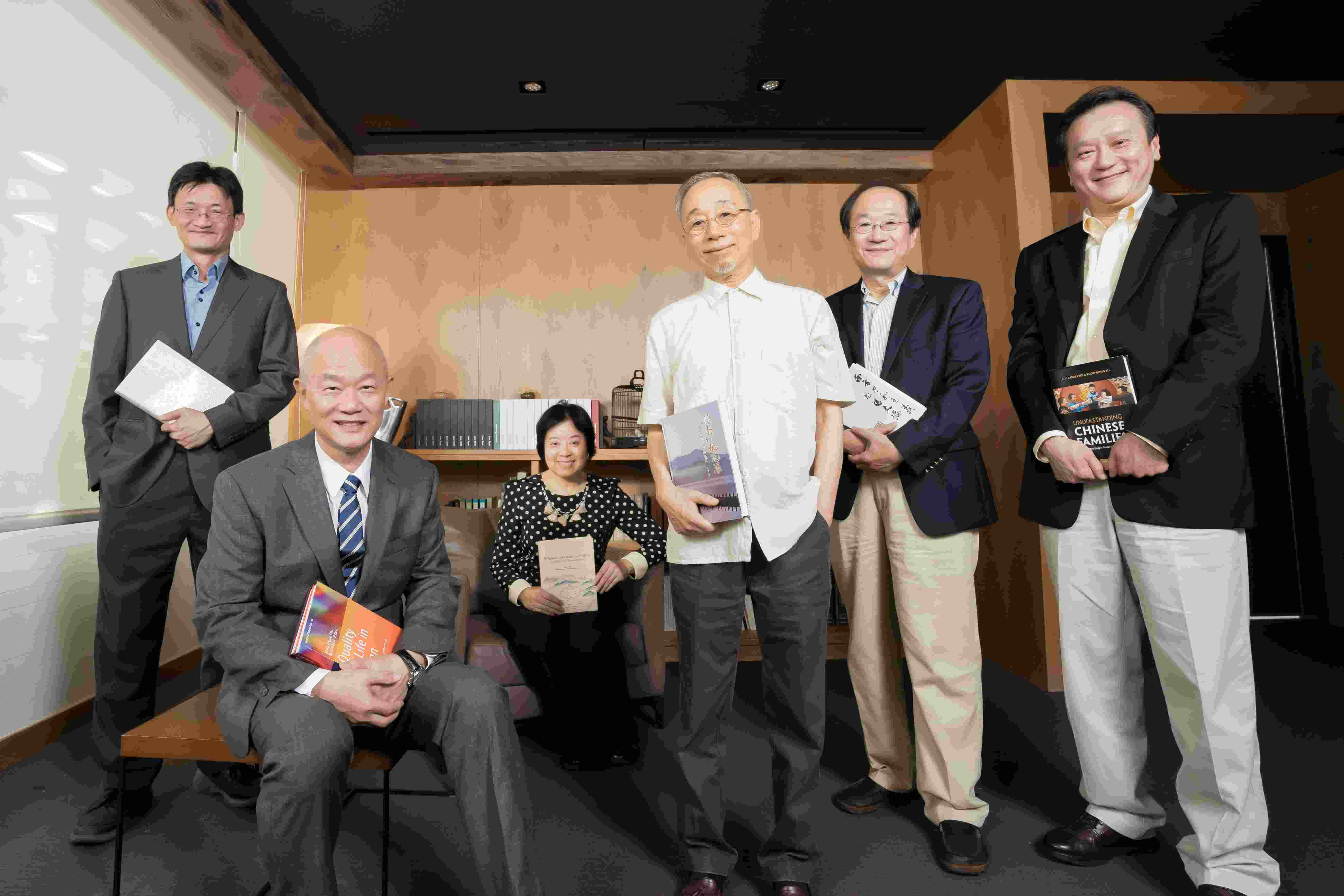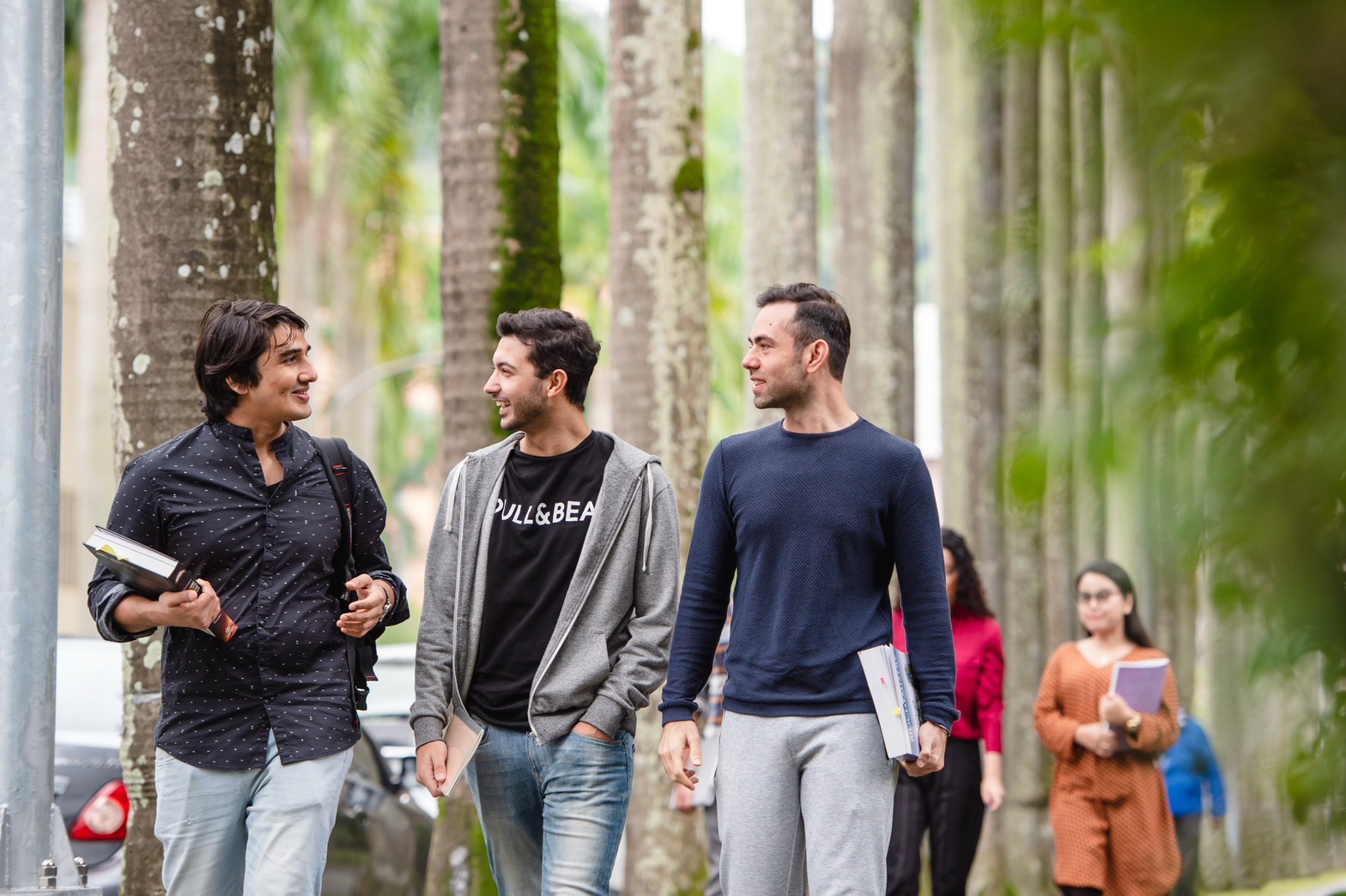- 演講或講座
- 民族學研究所
- 地點
本院民族所「第一會議室」(本院民族所舊館3樓323室)
- 演講人姓名
楊美惠 Mayfair Yang (Departments of Religious Studies and East Asian Languages & Cultural Studies, University of California, Santa Barbara)
- 活動狀態
確定
- 活動網址
講者:楊美惠 Mayfair Yang (Departments of Religious Studies and East Asian Languages & Cultural Studies, University of California, Santa Barbara)
講題:Chasing the Sarus Cranes: Hindu and Buddhist Multispecies Perspectives in Lumbini, Nepal
摘要 Abstract:
Once common across Nepal and northern India, Sarus Cranes are an endangered species today. Estimates say that only about 700 Sarus Cranes remain in Nepal, and 90% choose to reside in Lumbini, the birthplace of Buddha Gautama, and a tourist development site today. Why is Lumbini so attractive to these non-migratory cranes? Through multispecies inquiries into the entangled relations between cranes, humans, other animals, and divinities, this lecture will show the important role that local religious culture (Hindu and Buddhist) plays in making Lumbini an attractive place for the non-migratory cranes to inhabit. Which aspects of local religious and non-religious culture might be the most significant in keeping the Sarus Crane in Lumbini? The Jataka tale about young Buddha’s conflict with his cousin Devadatta over the latter’s shooting of the [Sarus] Crane? The Hindu-Buddhist injunction against killing? The local religious vegetarianism? The wet rice agriculture of the local people, which provides a watery habitat and protection from predators for the crane’s nests? The fact that the cranes are symbols of conjugal love and loyalty, and considered divine? The recent work of religiously motivated environmental NGO’s? Too often, secular environmentalism does not study or borrow from ancient religious cultures that may be more effective than scientific arguments, because these cultures tap into deep-seated emotions and religious imaginaries. Similarly, too often Anthropology remains steadfastly anthropocentric, in contrast to the rich multispecies narratives and teachings of the religious cultures they study, where humans interact and communicate with animals, plants, and divinities.
時間 Time:2025年9月15日(週一)上午10:10~12:00
10:10~12:00 Monday, September 15, 2025
地點 Venue:中央研究院民族學研究所「第一會議室」(本所舊館3樓323室)
1st Conference Room, 3F, The Old Wing, Inst. of Ethnology, Academia Sinica
主辦單位:Organizer:中央研究院民族學研究所Institute of Ethnology, Academia Sinica
備註 Note:全程以英文進行 Language in English
報名資訊 Registration:
報名網址:https://tinyurl.com/5xa3trr7
本屆講座網頁:https://tinyurl.com/ycacejn2
報名期間:8月4日(星期一)起至8月31日(星期日)截止
錄取須知:經大會審核通過方得參加,恕不接受現場報名。
錄取與否通知:大會將於9月1日(星期一)展開審核作業,預計於9月3日(星期三)前,以email通知,屆時請留意收信,並請詳閱通知信內容,謝謝。
備註:若9月3日(星期三)16:00前還未收到通知信,敬請來電或來信詢問,感謝。
聯 絡 人:
林芬安小姐 02-2652-3303 falin@gate.sinica.edu.tw
林音秀小姐 02-2652-3484 world66@gate.sinica.edu.tw









 首頁
首頁

